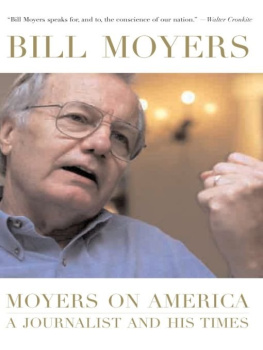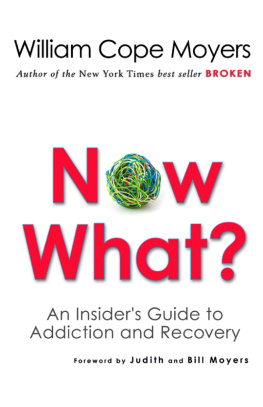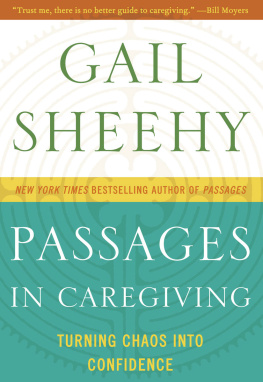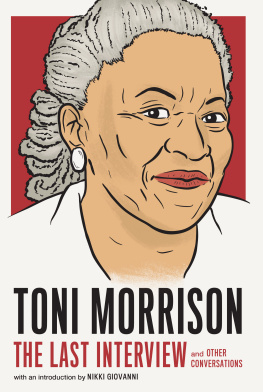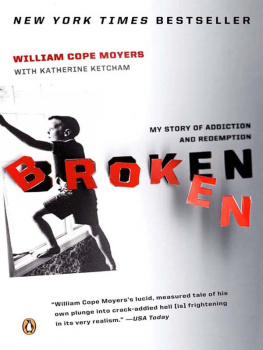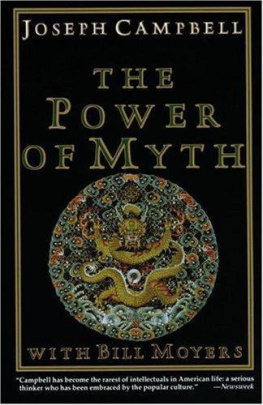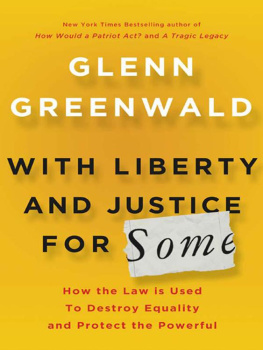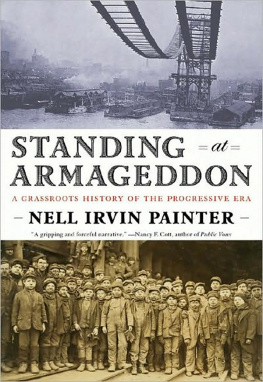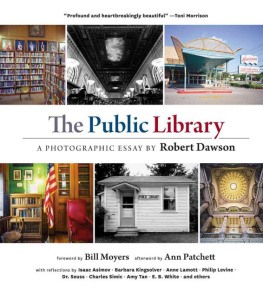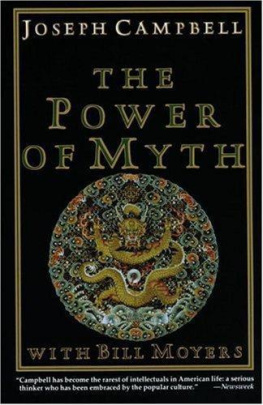Foreword
We journalists write on the sand and speak into the wind, and usually by the morning after there isnt a trace of what we wrote or said. The Internet has speeded up both the dissemination and the disappearance of the noise we add to the days chatter. Millions may invite us into their living rooms, may nod in agreement or rage at our impudence, may clip our columns and stuff them in a drawer or spin them forward to distant parties via the Internet. But the moment comes when, like ice, we melt into the milieu. Were lucky if someday a grandchild, or graduate student, is curious about what we once said or wrote.
I was pleased, then, when Andr Schiffrin, the director of the New Press, suggested this compilation. Few things flatter a broadcast journalist more than the prospect of even the briefest half-life between hard covers. Any visit to a remainder table at the bookstore will reveal just how fleeting that half-life can be, but I found irresistible, nonetheless, the offer to make a contributionhowever modestto the world of books.
Because we are at the mercy of events, the work of journalists is as eclectic as it is transient. The world arrives at a dizzying pace; one never knows what the morning will bring, or even the next hour, and we are never sure where the trail will lead. We focus on this moving dot or that one, but we rarely pause to connect them. Reviewing these pages, I realize how much I have been guidedperhaps without even being aware of itby the desire to try to connect some of the dots: between past and present, cause and effect, us and them, you and me. Gilbert McAllister may have been responsible for this bent. Dr. Mac taught the introductory anthropology course at the University of Texas. I remember to this day his opening lecture, when he recounted the years he had spent among the Apaches as a young graduate student. They had taught him the meaning of reciprocity. In the Apache tongue, he said, the word for grandfather is the same as the word for grandson; generations are linked to one another in an embrace of mutual obligation. With that he was off, expounding on his conviction that through the ages human beings have advanced more through collaboration than competition. For all the chest thumping about rugged individuals and self-made men, an ethic of cooperation inspired the social compromise that we, in our best moments, wove into a common enterprise.
My father, drawing on his own experience, understood this. As you will read in one of these selections, in his later years he often reminisced about his days as a boy growing up on the Red River, between Oklahoma and Texas. He was fourteen when his own father died during the flu epidemic in 1918. Neighbors washed my grandfathers body, neighbors dug his grave, and neighbors laid him in the earth. Through the years my father was one of several men in the church who took turns sitting beside the corpse of a departed friend or fellow congregant. He often drew the midnight shift and would go directly from his vigil to his job. Shortly before his own death, as we sat talking on the front porch, I asked him, Why did you sit up all night when you had to drive your truck all the next day?Without hesitation he said:Because it was the thing we did.
The thing we did.
During my freshman year in college I often hitchhiked between campus and home. The route had once been Old County Line Road, down which settlers had moved into northeast Texas in the mid-eighteenth century. Historical markers now dot the way. One of them, at the spot where I used to wait for passing cars, my thumb held high, records that a John McGarrah brought his family to Texas in 1842 and nearby founded the town of Buckner. Soon a church was built, then a school, followed by a trading post. Four years later, on the Fourth of July, 1846, he and his neighbors elected their first public officials and, as part of their celebration, opened a post office. One can see there the rough progression of a social order, as well as the embryonic democratic impulse: first the prime family unit, then the wagon train, then the school for learning and the church for worship, a trading post for the goods of survival and comfort, followed by a local government for roads and public order, a communications center for contact with the larger world, and, finally, a public holiday for recreation and the celebration of common interests. A pioneering leader of the American Ethical Union, Edward L. Ericson, whose essays have informed my own journey, once described society as a web of cooperation joining individuals to family, friends, communities, and country, creating in the individual a sense of reliance on the whole, producing the habits of the heart, in Robert Bellahs term, that are the bedrock of our social contract.
At commencement exercises I wonder if a stranger from one generation can say much that is helpful to members of a generation who are poised on a different doorstep of time. They listen, however, when I put a loaf of bread on the lectern and tell them it represents one of the most important lessons I have learned over a long life in journalism. Bread is the great reinforcer of the reality principlethat life is a social, not a solitary, endeavor. We depend for our bread on a host of others, most of them strangers, from the farmer to the baker to the deliveryman to the shopkeeper. The Lords Prayer, so familiar and urgent to my parents during the Great Depression, invokes the first person plural, not the first person singular: Give us this day our daily bread. Ericson, among others, insists that social cooperation provided the resilient environment in which American enterprise flourished. Sure, the record is stained by cruelty, racism, and violence; dedicated to the proposition that all men are created equal, Americans dispossessed the Indian and nurtured slavery in the cradle of liberty. Those settlers who poured into northeast Texas could be a violent lot; the natives they encountered became the loathsome red man and one in four farmers who arrived slaveless wound up owning other human beings as chattel. The social contract extended only so far. Nonetheless, over time, in the making of America individual initiative succeeded only when it led to strong systems of mutual support and we learned to move, in Ericsons description, beyond the laissez-faire philosophy of live and let live to an active commitment of live and help live. Civilization, as we are constantly informed by the news of the day, is not a natural act; it is, rather, a veneer of civility stretched across primal human appetites.
Like democracy, civilization has to be willed and practiced. Otherwise, society is a war of all against all, powered by individual cunning in the pursuit of wealth and power.Look around, if you would, to see what I mean. The web of cooperation is under siege, and in these pages I try to identify the most worrisome of the indicators: economic and political elites have created islands of gilded affluence surrounded by moats of inequality wider than any since 1929; a reactionary coalition has determined to dismantle the social safety net by bankrupting the federal treasury; I believe this unraveling of the social fabric through the growing corruption of politics by money and ideology threatens the very soul of our democracy. Arguably one of the most important stories of our time is the arms racewaged for money instead of missilesbetween the two major parties, and the indifference shown this madness by a mainstream press that emphasizes celebrity and sensationalism, speed over accuracy, and polemics over reporting. Meanwhile, a handful of media moguls with their eyes on the bottom line, which measures Americans only as consumers and not as citizens, gain more control over what we see, read, and hear.


